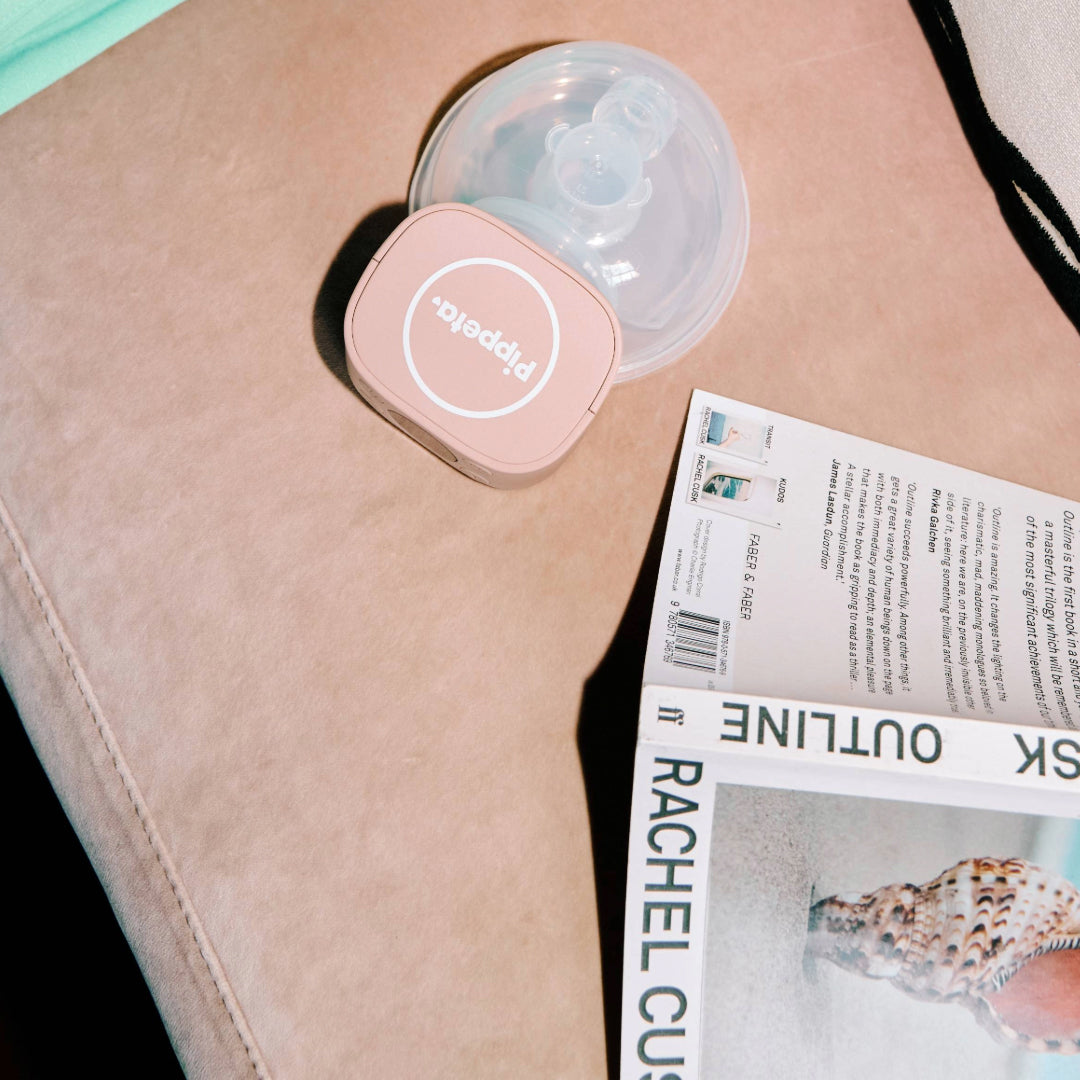These days there is so much information out there about breastfeeding nutrition, what to eat, and what not to eat, it can be overwhelming! So we thought we would condense it all into one simple, easy-to-read article, so you can take away the bits that you need with confidence in continuing your breastfeeding journey.
We would like to first say, congratulations on your new bundle of joy! You’re about to embark on the most amazing journey of your life. And we bet you’re wanting to go at it in the very best way that you can! If you’ve decided to breastfeed your baby then you may be wondering about the best breastfeeding diet to fuel your body for your newborn, and what foods or drinks you should avoid when breastfeeding. Let’s get straight to it, as you probably don’t have much spare time with your new little one!

The Best Foods To Eat When Breastfeeding
While there's no single "best" diet for breastfeeding mothers, there are definitely nutrient-rich foods that can support both your energy and your baby's development. Here are some key food groups to focus on:
Fruits and vegetables
Aim for a rainbow of colours! These are packed with breastfeeding vitamins, minerals, and fibre, essential for you and your baby. Berries, leafy greens, sweet potatoes, and citrus fruits are excellent choices.
Whole grains
They provide sustained energy and essential nutrients like B vitamins and fibre. Opt for brown rice, quinoa, whole-wheat bread, and oatmeal.
Lean protein
This helps build and repair tissues, crucial for postpartum recovery and milk production. Choose lean meat, fish (especially oily fish rich in omega-3s), eggs, beans, lentils, and tofu.
Healthy fats
They supply energy, support brain development, and aid in nutrient absorption. Include avocado, nuts, seeds, and olive oil in your diet.
Dairy or alternatives
Calcium is crucial for both you and your baby. Choose low-fat milk, yoghurt, cheese, or fortified plant-based alternatives like soy milk.
Hydration
This is absolutely vital for milk production, so drink plenty of water throughout the day. Herbal teas and low-sugar fruit-infused water are also good options. We would recommend having a pint of water at your side during every breastfeed.

Foods To Avoid When Breastfeeding
While prioritising nutrient-rich foods is essential for breastfeeding, there are certain items you'll want to limit or avoid altogether to ensure your baby's comfort and well-being:
High-mercury fish
Fish is a great source of protein and omega-3s, but some species contain high levels of mercury, which can be harmful to your baby's developing nervous system. Avoid shark, swordfish, king mackerel, and marlin. Stick to low-mercury options like salmon, tuna (moderately), shrimp, and tilapia.
Caffeine
We understand that there’s nothing more you want at the moment is to chug down a lot of coffee! But be aware that caffeine can pass through breast milk and could make your baby irritable and restless. Moderation is key - stick to less than 300mg daily (about 1-2 cups of coffee).
Gassy foods
Certain vegetables like beans, broccoli, cabbage, and Brussels sprouts can cause gas in both you and your baby. It's best to introduce them gradually and observe your baby's response.
Spicy foods
While your baby can't directly taste your food, did you know that spicy components can affect the milk's flavour and potentially upset your baby's stomach? Consider milder seasonings or avoiding spicy foods altogether.
Processed foods and sugary drinks
These offer minimal nutritional value and can contribute to unhealthy weight gain for both you and your baby. Focus on whole, unprocessed foods for optimal health, or try to limit processed foods and drinks.
Alcohol And Breastfeeding
Motherhood brings a beautiful whirlwind of changes, and navigating social engagements with a new baby can raise questions, especially around alcohol. Let's raise a glass of honesty and explore the reality of alcohol and breastfeeding together.

While complete abstinence is safest, occasional social drinks can potentially be enjoyed responsibly. However, it's crucial to prioritise your baby's well-being throughout the process.
What You Need to Know
Small Amount, Big Impact: Alcohol passes freely into breast milk, even tiny amounts can affect your baby. The "one drink per day" rule doesn't apply during breastfeeding.
Timing is Key: The amount of alcohol in your milk peaks around 30 minutes after consumption and gradually declines over the next 2-3 hours. Spacing out drinks and waiting significantly before breastfeeding minimises exposure.
Know Your Baby: Each baby reacts differently. Monitor your little one for signs of drowsiness, fussiness, or altered sleep patterns after you've had a drink.
Pump and Dump? Not Quite: Pumping and dumping doesn't remove alcohol from your milk or bloodstream. It's more effective to wait until the effects wear off naturally.
Alternatives Abound: Sparkling water with a splash of juice, mocktails, or a non-alcoholic beer can provide social enjoyment without the alcohol.
Open Communication: Talk to your healthcare provider about any concerns or questions you have.
No Judgment Zone: Motherhood is challenging, and social pressures can be intense. Be kind to yourself and don't hesitate to set boundaries for your comfort.
Pippeta: Supporting Your Breastfeeding Journey
Individual needs can vary, so consulting a registered dietitian or lactation consultant can help personalise your breastfeeding diet for optimal health. The main thing is to enjoy this new chapter in your life! Stay in tune with your body, eat a balanced diet, prioritise hydration, and don't forget to rest!
By following these recommendations and listening to your body, you can nourish yourself and your baby effectively during this rewarding stage of breastfeeding.















Leave a comment
This site is protected by hCaptcha and the hCaptcha Privacy Policy and Terms of Service apply.